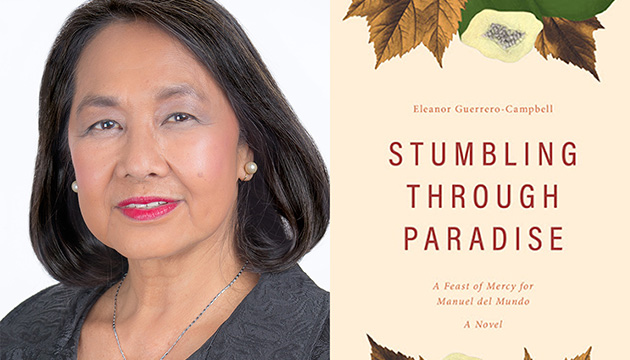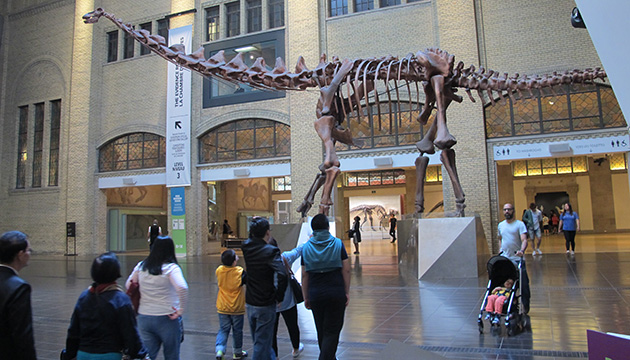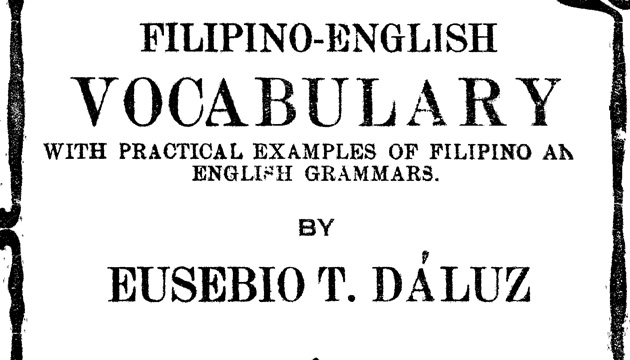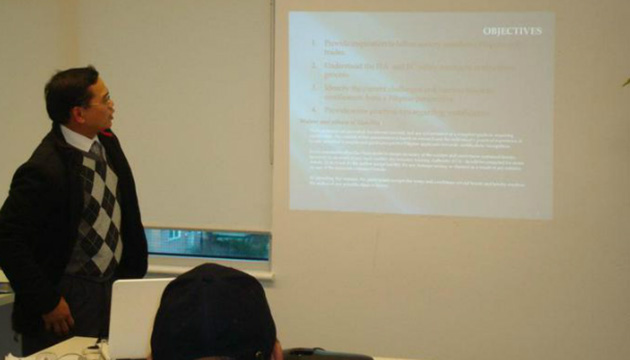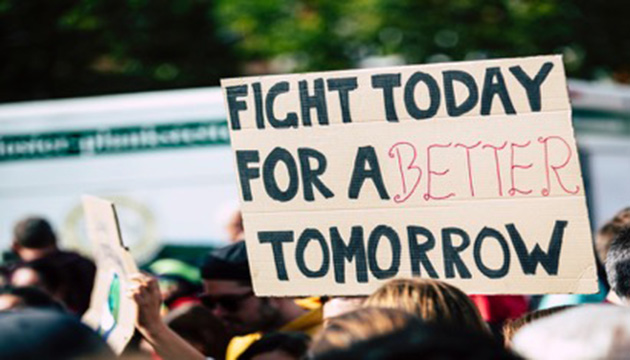February 4, 2025 – This is an appeal to the one-million-strong Filipino community in Canada today and millions of overseas Filipinos all over the world who read our newsmagazine.
Thirty days from now, Canada may or may not be at a trade war with the US over Trump’s 25% tariffs on Canadian exports to the US. But now is the time for all Filipinos in Canada to unite and show their collective support to Canada if this happens. This Trump trade war will hurt not only Canadians but also Americans if it escalates.
Most Filipinos have a soft spot for the US because in its 50- year colonization of the Philippines (1898–1946), it used education to spread its cultural values of freedom and democracy as well as English. In 1901 it created the Department of Education to establish a free public education system and brought American teachers to the Philippines to teach and instill in Filipinos the value of good education.
Today free education in the Philippines is compulsory from kindergarten to high school. This is why the Philippines is one among Southeast Asian countries with the highest literacy rate at 98.47% in the period 198 0–2025. It is also because of the Americans that most Filipinos are proficient in English which greatly helped in their immigration to Canada.
But the United States under the impeached and convicted felon Trump as president is no friend to Filipinos in Canada. As Canadians, it’s our duty to strongly support our government in its fight over US tariff.
Canadian businesses and workers will bear the brunt of this trade war. Canadian producers in agri-food, forestry, and manufacturing will suffer varying degrees of disruptions. The 25% Trump tariff will upend Canadian industries from autos to consumer goods and energy. Practically everything will become even more expensive than the currently skyrocketing cost of living that most Canadians are already struggling to meet. Many Canadians and Filipinos may lose their jobs.
In case of a tariff war, the Canadian government is prepared to fight back by imposing counter-tariffs while provinces will launch their own counter attacks. Individual Canadians can do their share. For starters, no more driving across the border to shop in the US. As consumers we can help our government in this fight by not buying American grocery items like orange juice, peanut butter, wine, spirits, beer, coffee, apparel, footwear and cosmetics. Similar consumer goods are produced in Canada. Take the time to read the labels, find the source of the product, and avoid buying what is Made in the USA.
Some stores have started to attach Made in Canada or Product of Canada labels to their goods. They have also placed Canadian products upfront on their shelves so consumers may easily find them.
Below is a breakdown of American products that Filipinos should avoid buying in Canada. Similar goods are produced in Canada so buy only Made in Canada or Product of Canada labels.
Following this list of products are some Canadian owned businesses and brands that consumers can use for reference.
- Some poultry products, including turkey, chicken and eggs.
- Some brands of dairy products, including milk, cream, butter, yogurt, cheeses, ice cream and margarine.
- Various spices and seasonings, including: vanilla, pepper, cinnamon, nutmeg, thyme, ginger, cumin and others.
- Fruits and vegetables, including tomatoes, cucumbers, citrus fruits, melons, berries and stone fruits.
- Coffee and tea.
- Grain products, including wheat, rye, barley, oats and rice.
- Cooking oil products, including canola, palm oils, and sunflower oils.
- Shrimp and prawns.
- Confectionery products, including flours, sugars, honey, syrups and cocoa products.
- Pastas.
- Prepared bakery products, including pizza, pies, cakes and other pastries.
- Orange juice.
- Nuts and beans.
- Condiments including, mustard, ketchup and other tomato sauces, mayonnaise and salad dressings.
- Soups.
- Bottled water.
- Alcohol, including: wine, beer, cider, whiskey, rum, gin, vodka, brandies and tequila.
- Tobacco, cigarette lighters and vapes.
- Cosmetics, including perfumes and make-up.
- Toiletries, including shampoos, toothpaste, deodorant and soaps.
- Protein powder.
- Plastic building materials, including: flooring, shutters, blinds and doors.
- Bathroom appliances and accessories, including: bathtubs, toilet seats, showers and sinks.
- Suitcases, handbags and other bags.
- Kitchen and glassware, including, forks, spoons, knives and cups.
- Tires.
- Horse saddles and accessories.
- Various clothing items, including: coats, jackets, suits, shirts, skirts, pants, shorts, dresses, underwear, bras, pajamas, babywear, sports clothing, socks, scarves, gloves and belts.
- Lumber and wood products, including: plywood, beams, fibreboard, windows, shingles, flooring, doors and doorframes.
- Some paper and cardboard products, including: pulp, toilet paper, envelopes, cards and postcards, boxes, bags, food packaging, plates and cups.
- Table cloths, napkins, handkerchiefs and other facial tissues.
- Books, binders, folders and other stationery items.
- Curtains, carpets and other textile floor coverings.
- Blankets, linens and other bedding.
- Camping and other outdoor equipment, including tents, tarps, mattresses, rock climbing harnesses, lifejackets and sails.
- Towels, duster, dish and other cleaning cloths.
- Shoes, sandals, cleats, rubber boots and other waterproof footwear (including ski boots).
- Hats, including safety headgear.
- Jewelry, precious metals and gems.
- Kitchen appliances, including stoves, microwaves, bread makers, hot plates, toasters, coffee makers and portable stoves.
- Dishwashers, refrigerators, freezers and laundry machines.
- Snow plows, snow blowers and lawnmowers.
- Tools such as saws, wrenches, drills, hammers and screwdrivers.
- Shaving products, including razors, shaving cream and after shave.
- Electric hair accessories, including dryers and irons.
- Furniture and mattresses.
- Lights, lamps, Christmas lights and light fixtures.
- Arcade games, casino slots and playing cards.
Some Canadian owned Businesses and Brands
- Addition Elle-women’s clothing
- Black Diamond Cheese
- Buckley’s - medicine
- Canada Bread
- Canadian Tire
- Chapters-books
- Corby spirit& wine – alcohol
- Cott – soft drinks
- Daiya - cheese
- Freshslice Pizza
- Great Western Brewery
- Harvey’s – fast food
- Harry Rosen – clothing
- Home hardware –home improvement
- Hudson Bay – retail business
- Indigo Books
- J.D. Irving – paper, tissues
- Kal Tire – tires
- Labatt - brewery
- Lee Valley Tools-home and garden tools
- Loblaw – supermarket
- Lululemon –clothing retailer
- McCain’s – frozen potato products
- Mac’s stores- convenience stores
- Mr. Sub – fast food
- New York Fries
- Pizza pizza
- Premium Breads
- Pharmasave
- Rona - home improvement
- Roots - clothing
- Saputo- dairy products
- Save on Food – supermarket
- Second Cup - coffee
- Shoppers Drug Mart– drugstores
- Sifto Canada
- Stanfield’s - garment
- Sobeys – food retail
- Sun Rype – fruit based food
- Swiss Chalet - food
- T & T – food retailer
- Vachon Bakery - pastries
- Yogen fruz - yogurt
- Winners – clothing retail




